Market Analysis
In-depth Analysis of Dairy-free Yogurt Market Industry Landscape
The dairy-free yogurt business has seen key market aspects recently, reflecting customer preferences and dietary knowledge. People seeking plant-based and lactose-free options have noticed the quality of dairy-free yogurts. Buyer behavior has driven market components, driving business growth and expansion. The global dairy-free yogurt industry is booming due to rising demand for dairy-free alternatives, especially among vegetarian lovers. Veganism is growing in North America and Europe, driving dairy-free yogurt consumption. Since dairy-free products require lactose, lactose prejudice in developed and developing countries, excluding North Europe, continues to drive the industry.
Despite these positives, rising non-dairy prices threaten the business. The somewhat higher cost of dairy-free products tests market expansion. Despite this obstacle, the global dairy-free yogurt market is poised for growth due to changing dietary preferences, health-conscious consumer choices, and growing awareness of lactose-related issues, which all contribute to the market's healthy direction. As the dairy-free yogurt industry grows, market participants may look for ways to solve evaluation concerns while capitalizing on the growing demand for plant-based and lactose-free alternatives. The dairy-free yogurt industry is affected by the growing demand for plant-based products. Due to lactose intolerance, allergies, or a desire to go vegetarian, health-conscious buyers are choosing dairy-free products. This demand has led to the introduction of dairy-free yogurts with almond, coconut, soy, and oat bases. Enhancing ingredients for different tastes and diets boosts market growth and dynamism.
Globalization was crucial to the dairy-free yogurt sector. Due to health awareness, dairy-free yogurt has spread beyond provinces. This global perspective has led to new companies, increased competition, and the availability of diverse product offerings in different markets. The interchange of regional preferences, administrative conditions, and buyer habits has created a powerful scenario where market participants adapt to changing wants.
Value is another major factor in dairy-free yogurt sales. The ingredients used to produce dairy-free yogurts affect their production costs, but manufacturers must find a balance between quality and price. Natural resource costs, creation innovation, and economies of scale affect value variations. Market companies must decisively examine these cost factors to provide many buyers with different budgets.



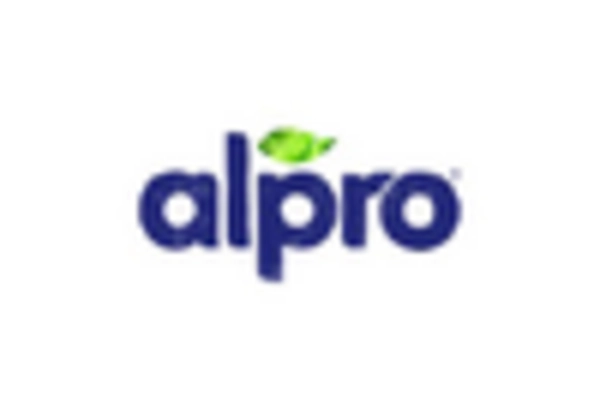
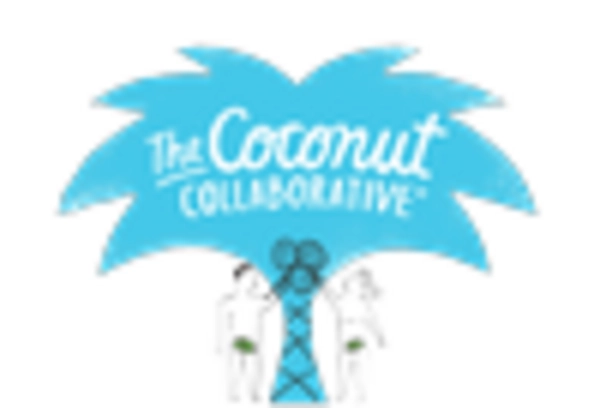
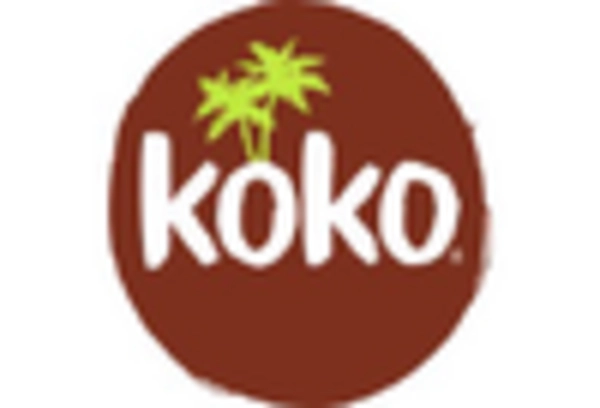
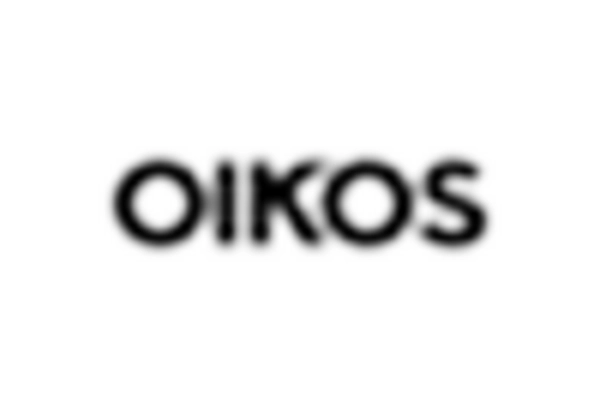
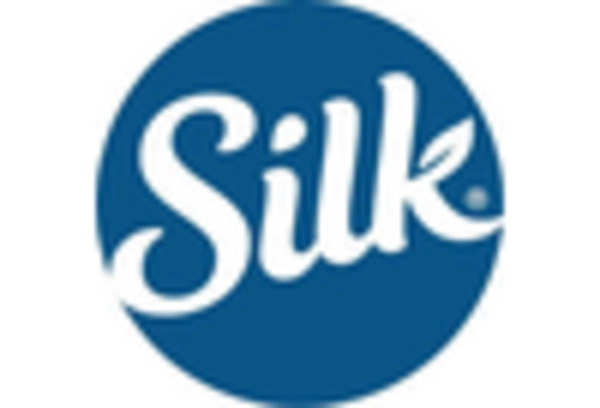
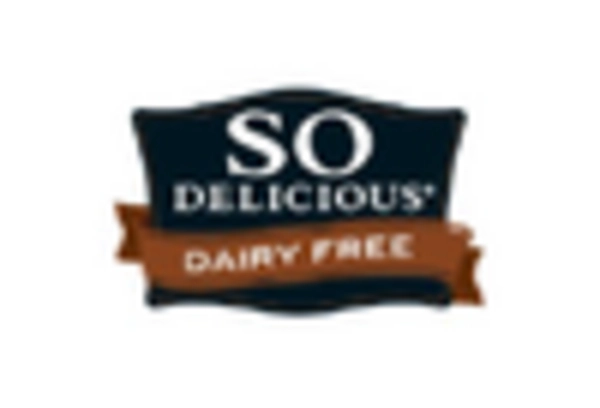









Leave a Comment